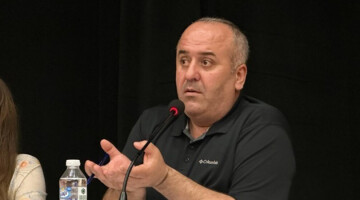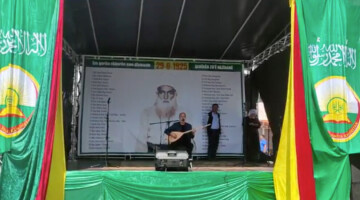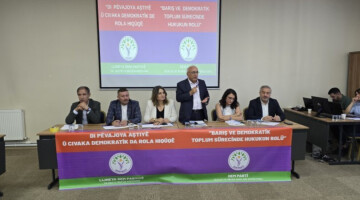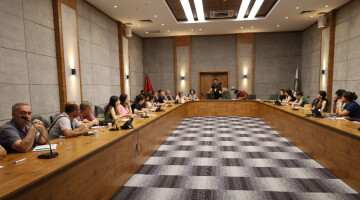The 40th session of the United Nations Human Rights Council (UNHRC) has opened at the Palais des Nations, in Geneva. The session will close on 22 March.
During the session, high-level discussions will be held on various human rights related issues, such as the right to privacy, rights of persons with disabilities, rights of minorities, and rights of children.
The UNHRC holds three regular sessions a year, for a total of at least ten weeks. They take place in March (four weeks), June (three weeks), and September (three weeks).
If one third of the member states requests so, the council can decide at any time to hold a special session to address human rights violations and emergencies.
In the Annual Report the High Commissioner for human rights submitted to the assembly, the following reflections for 2019 are made:
“The issue of a dangerously shrinking civil society space is one of the priorities for action of OHCHR. Beyond the rhetorical yet crucial assertion of the values of free association, expression, assembly and movement, concrete practical steps can be taken to expand civic space, including by building strategic partnerships within the United Nations system, with other international and regional organizations and with Member States.
Building civil society constituencies across traditional groups, for example, by facilitating space for human rights defenders to cooperate with women’s rights groups and environmental activists can serve to open up democratic space for activism worldwide.”
The human rights agenda, writes the High Commissioner, “is the prevention agenda. The special procedures of the Human Rights Council, the treaty bodies, the commissions of inquiry and fact- finding missions provide essential information for decision makers in the United Nations and beyond. The universal periodic review has provided in several ways the kind of narrative for political support by Member States for human rights action under United Nations auspices that needs to be applied far more broadly. The universal periodic review recognizes that all Member States have human rights challenges, that all States can make improvements and that the United Nations system has responsibilities to support States in that regard. The United Nations human rights system is a force for prevention. When it is backed by the political will of key actors, effective, sustained human rights work prevents, mitigates and helps to resolve conflict. The World Bank and the United Nations have recently co-authored a report on prevention that includes a focus on human rights, which should be built on and additional opportunities created.”














